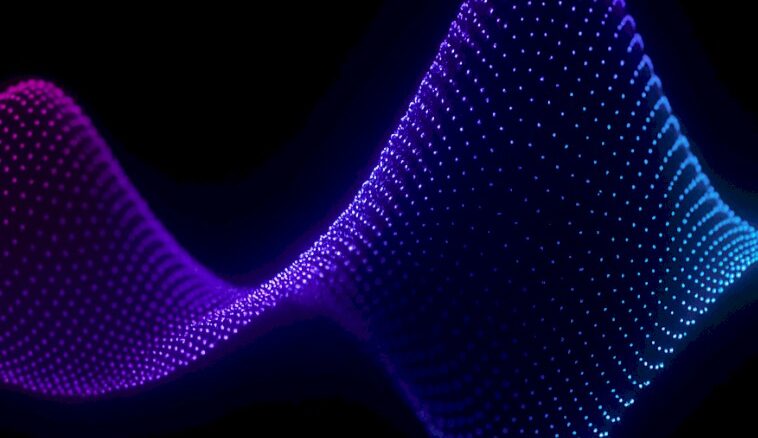
Startup Quantum Elements Brings AI, Digital Twins To Quantum Computing
AI is having a seismic impact on processes across all industries, speeding things up and driving costs down. …

AI is having a seismic impact on processes across all industries, speeding things up and driving costs down. …

In the early days of D-Wave’s history, the company made a decision to pursue annealing as its first technology to build a quantum computer because it promised to offer the fastest path to commercial quantum computing. …

Nvidia has spent much of the year launching new products and partnerships that aim to ensure it keeps its place atop the wild west that is still the AI market while establishing its place in the emerging quantum computing space, where co-founder and chief executive officer Jensen Huang sees Nvidia being a key infrastructure provider and accelerator. …

Quantum computing is finally heating up. There is a heady mix of high-profile and highly resourced big tech players like Google, Microsoft, Amazon Web Services, and Nvidia either building QPUs, simulating them, or integrating them with classical supercomputers in addition to well-funded younger companies and startups, such as QuEra, IonQ, Quantum Computing, Quantinuum, D-Wave, and Alice & Bob. …

Over the past decade, it has been interesting to watch companies push the rock that is quantum computing up the steep hill. …

As we talked about a decade ago in the wake of launching The Next Platform, quantum computers – at least the fault tolerant ones being built by IBM, Google, Rigetti, and a few others – need a massive amount of traditional Von Neumann compute to help maintain their state, assist with qubit error correction, and assist with their computations. …

D-Wave executives stirred up some controversy earlier this year when they claimed a smaller version of its Advantage 2 annealing quantum system, armed with 1,200 qubits, had reached “quantum supremacy,” – or “quantum advantage” – that significant but ill-defined time when a quantum system is able to solve a problem in much less time, at a lower cost, or more efficiently than the most powerful classical supercomputer. …

Momentum is building for quantum computing and some observers say that a usable, fault-tolerant quantum system could appear in the next few years. …

Sitting in an office at QuEra Computing’s Boston headquarters, Yuval Boger was talking about the recent advancements made in quantum computing that are driving the chorus around an accelerated the timeframe the launch of a usable and reliable system. …

For decades, discussions around quantum computing has felt similar to family driving vacations, with someone in the back seat constantly asking “are we there yet?” …
All Content Copyright The Next Platform